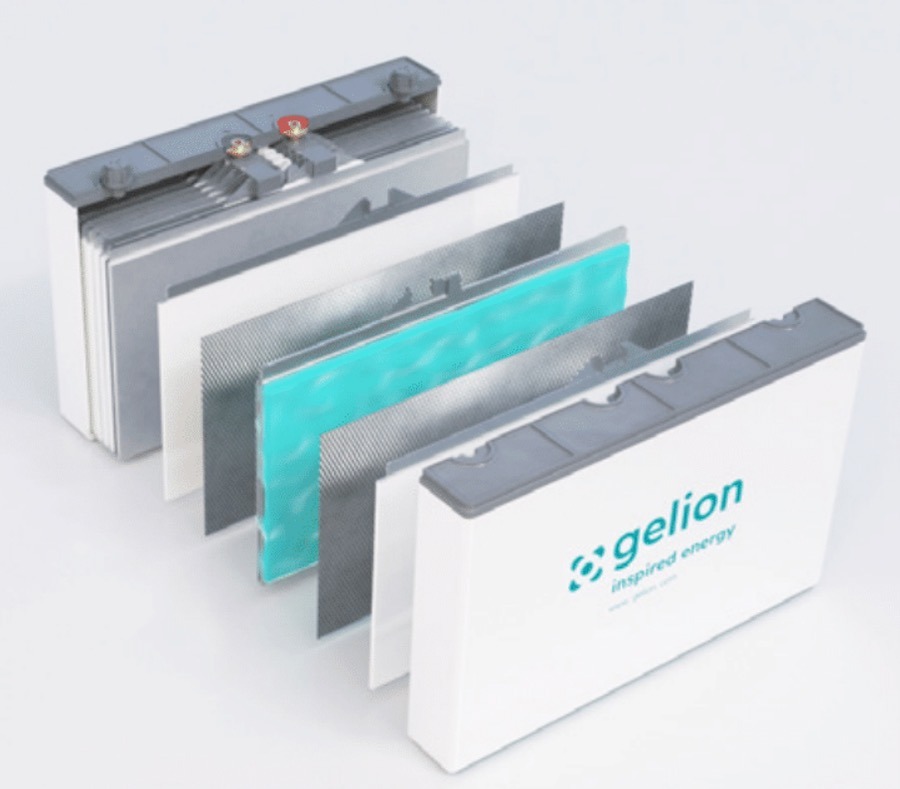Australia-based Gelion, whose non-flow zinc-bromide battery technology was spun out of the University of Sydney, has signed deal that could see it supply hundreds of megawatt-hours of battery systems for power projects in Papua New Guinea, starting next year.
Gelion said on Wednesday that it had signed a Memorandum of Understanding (MOU) with Mayur Renewables, a division of ASX-listed Mayur Resources, for the provision of an initial 100 megawatt hours of energy storage from 2022 to 2027.
Papua New Guinea, which as a Pacific Island nation is on the front line of the impacts from climate change, has a government target of 70% renewable energy and storage-backed electrification by 2030, from a starting point of just 13% today. Most of its current power generation capacity relies on diesel or heavy fuel oil.
Mayur Renewables is focused on the development of large-scale renewable energy projects in PNG that support the government’s electrification plans, as well as its parent company’s plans to be Asia’s first net-zero carbon lime and cement producer.
Gelion CEO Andrew Grimes said the company’s heat-resistant Endure battery was ideal for conditions in PNG, and the signing of the MOU with Mayur was an “important milestone” for the company on the road to full commercialisation.
Gelion’s battery technology uses an electrolytic gel that is inherently fire retardant. In a recent test by the company’s tech team, the battery did not catch fire, and even continued to operate, while being heated on a barbeque plate at about 700 degrees for half an hour.
On a practical level, this means the Endure battery systems can operate at temperatures up to 50°C without the need for air-conditioning systems.
Other advantages include that the batteries be discharged to zero volts without impacting performance, are more energy dense and last longer than traditional lead-acid batteries, and offer a safe and recyclable alternative to lithium-ion batteries for stationary storage.
“Gelion’s robust and scalable zinc-bromide Endure batteries, coupled with large-scale solar energy could provide remote PNG communities with an affordable, renewable and robust solution for their energy needs,” said Mayur managing director Paul Mulder.
Gelion has been able to crunch the costs of its battery storage technology through the use of lower cost components and by producing them in existing lead acid battery factories – earlier this year the company announced a manufacturing partnership with local Sydney-based outfit, Battery Energy.
Despite being based in Sydney, Gelion last month revealed it was preparing to launch an initial public offering (IPO) for the company on the London Stock Exchange’s AIM Market after completing a successful, oversubscribed £6 million ($A11m) pre-IPO raise.










